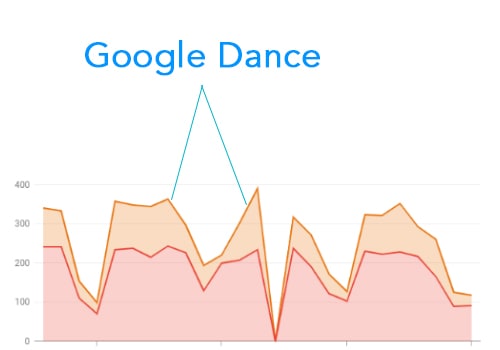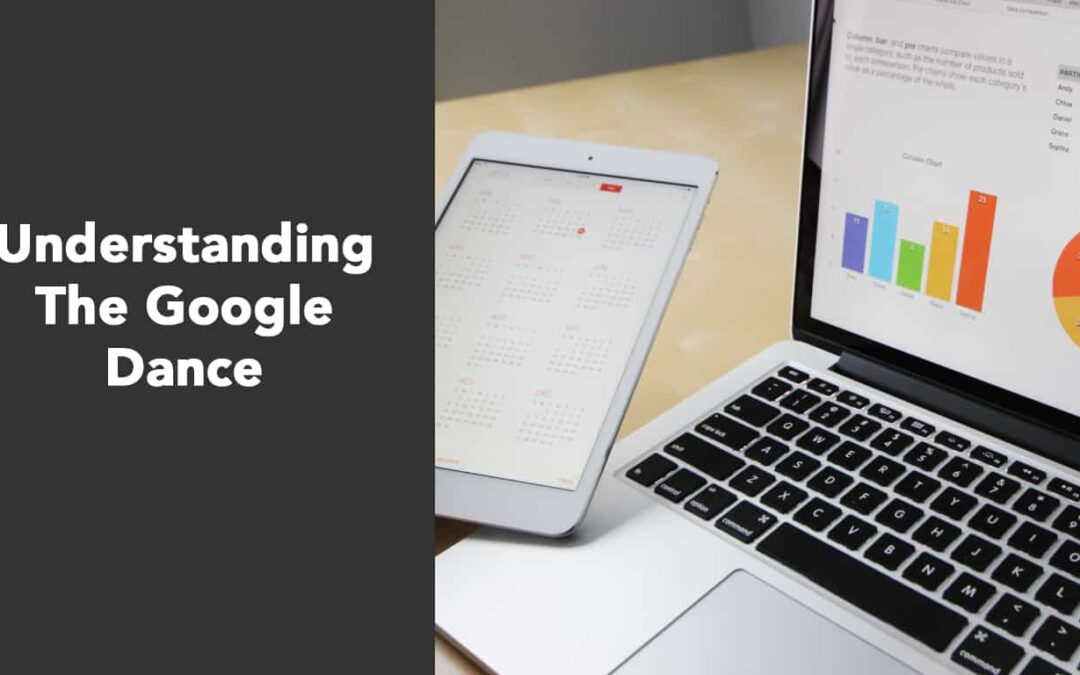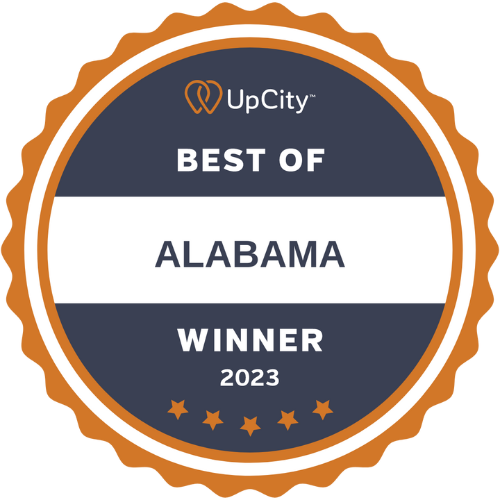In SEO circles, that’s commonly referred to as ‘The Google Dance’
If you’ve been wondering why your rank goes up and down on Google like that and you’re not sure what’s wrong, then you’re in the right place!
It can be frustrating to watch, but there’s something you can do to stabilize your position in the #1 search engine on planet earth.
In this article, we’ll help you understand what ‘the Google Dance’ is and what you can do to keep your site’s ranking high. You need to be on top of search, to be seen. If your site’s been bouncing around, you’re missing out on traffic that should easily be yours for the taking.
Let’s fix that.
Table of Contents
What’s the Google Dance?
The Google Dance is the term used to describe Google’s search results ranking fluctuations, which normally happen as a result of incoming links and other changes on websites. Specifically, it’s how often rankings for any given website vary up or down, even if it doesn’t always mean that your rank will go lower than ever before (or higher).

Sometimes it just bounces around within a range.
That’s normal, but it means you have more work to do improving your page.
Why the Google Dance is Perfectly Normal
When you update your website it’s normal for Google to re-evaluate it, which can result in changes in its Search Engine Results Pages (SERPs). However, it’s important to note that the Google dance can happen even if nothing’s been updated or changed.
Sometimes it’s your competition earning links or updating their pages that causes your rank to move around.
If you want your website to stick to the top of search and stop dancing around like a TikTok influencer, first you need to understand why this phenomenon is happening in the first place.

The Google Dance Explained
A Google dance typically happens the most when Google is in the process of crawling a website the first few times.
There are many different algorithms that contribute to the overall ranking process. Some trigger at different times after a page has been indexed because Google needs time to collect enough data and make a determination about your page.
This is especially true of click-through-rate metrics, because they need actual clicks to measure user behavior.
There are many other reasons why websites get ranked higher or lower on Google, and they all seem to happen at different times. This becomes especially apparent if you’ve been paying attention to SEO keyword tracking tools for a long time.

How Often Does a Google Dance Happen?
If your page isn’t locked into one of the top positions, it can bounce around a lot. And even the top pages can lose ranking and bounce all over the place when Google releases one of their algorithm updates.
Once your page is established and ranking, any new dancing that happens is often related to a broad core algorithm update and usually doesn’t last very long at all.
Get your page stuck in the #1 position and it will rarely, if ever, get dethroned by competitors!
The Google Dance definitely happens to a lot of sites when there’s a new Google update though. These traditionally have occurred on an average of once every 6-8 weeks, if not more often. It can happen at any time and last for a short period of 1-2 weeks after the update.
Established pages that are more than 6 months old can ‘dance’ unexpectedly because of one of these updates. Since the cause is unknown until there’s enough data, you have to either test for yourself or wait for a good case study on the update to see what action steps seem to be working to fix the issue.
Once you know that, you can recover a page that’s lost ranking after a core update.
Why Does the Google Dance Matter?
The Google Dance matters because if you’re getting ranked lower after an update, it means that your site is losing its authority and ranking power.
On the other hand, there may also be an increase in rankings due to your website’s authority improving. This is normally the case when you have been working on increasing its quality and content, or if you are getting more links to it (especially relevant ones).
The fact is, until you’re stuck in a top position, your page is going to dance. As long as the overall trend is upward movement though, you’re doing just fine and need to keep working on the page.
Factors Affecting the Google Dance
Sadly, you don’t have any control over when the Google dance takes place. However, it’s worth knowing what factors affect Google Dance as some of them can be prevented if not totally avoided. If you suspect there are issues with your site, a thorough SEO audit can help you pinpoint the exact cause from one of these possible problems listed below.
The Creation of New Pages on Your Website
If you add pages on your site that are too close in topic to an existing page, it can cause what’s known in SEO circles as a cannibalization issue. Essentially, Google becomes unsure which page it should rank for a given keyword, so the pages end up competing against each other.

To avoid this issue, be sure to differentiate your content by only covering a given topic one time on your website. You can have similar content that supports your main topic, but each article or page needs to be around a unique concept to avoid cannibalization issues.
Poor Link Building or No Link Building
Not having any links pointing to your website can be a reason why the Google Dance takes place more often, meaning that it will take longer for search engines like Bing and Google to discover your new pages. You can avoid this through a proper link-building process.

Google’s Still Not Sure About Your Site or Page
It may be that Google is still trying to figure out what your site or page is. This could affect the ranking of a website, especially if it has been recently submitted and its pages are indexed by Google for the first time. Common reasons for Google to be unsure about your website can be as follows: 
- De-indexed backlinks.
- Shoddy backlink profiles.
- Updating your site structure too often.
- The presence of site errors.
Competitive Keywords
If you are ranking for competitive keywords, then it is likely that the Google Dance will happen more often. On the other hand, if your website ranks for less-competitive queries (or long-tail keywords), then this phenomenon may not affect you as much or at all.

Conclusion
Search engine results pages are constantly changing nowadays and with algorithm updates being rolled out every month or so, it’s important to know what factors are affecting your site so you can keep up.
Most importantly, keep in mind that a good SEO plan takes time. Google will reward good SEO practices at the right time. It may be slow but it’s definitely worth it. Never overreact and take risks when it comes to your SEO results as you may get flagged by the search engine giant identifying any suspicious activity as an attempt to trick their algorithm.
Be patient and don’t let the Google Dance get you down. Fluctuations will happen but as long as you keep implementing legit SEO practices, you’ll reap the benefits slowly but surely. Best of luck!
Tired of The Google Dance?
If you’ve tried everything you know to do but your website still bounces around in Google search, reach out today for a complimentary SEO audit. Our team will quickly get to the bottom of the issue and present a high-level roadmap to get your site ‘stuck’ at the top of Google in no-time.







